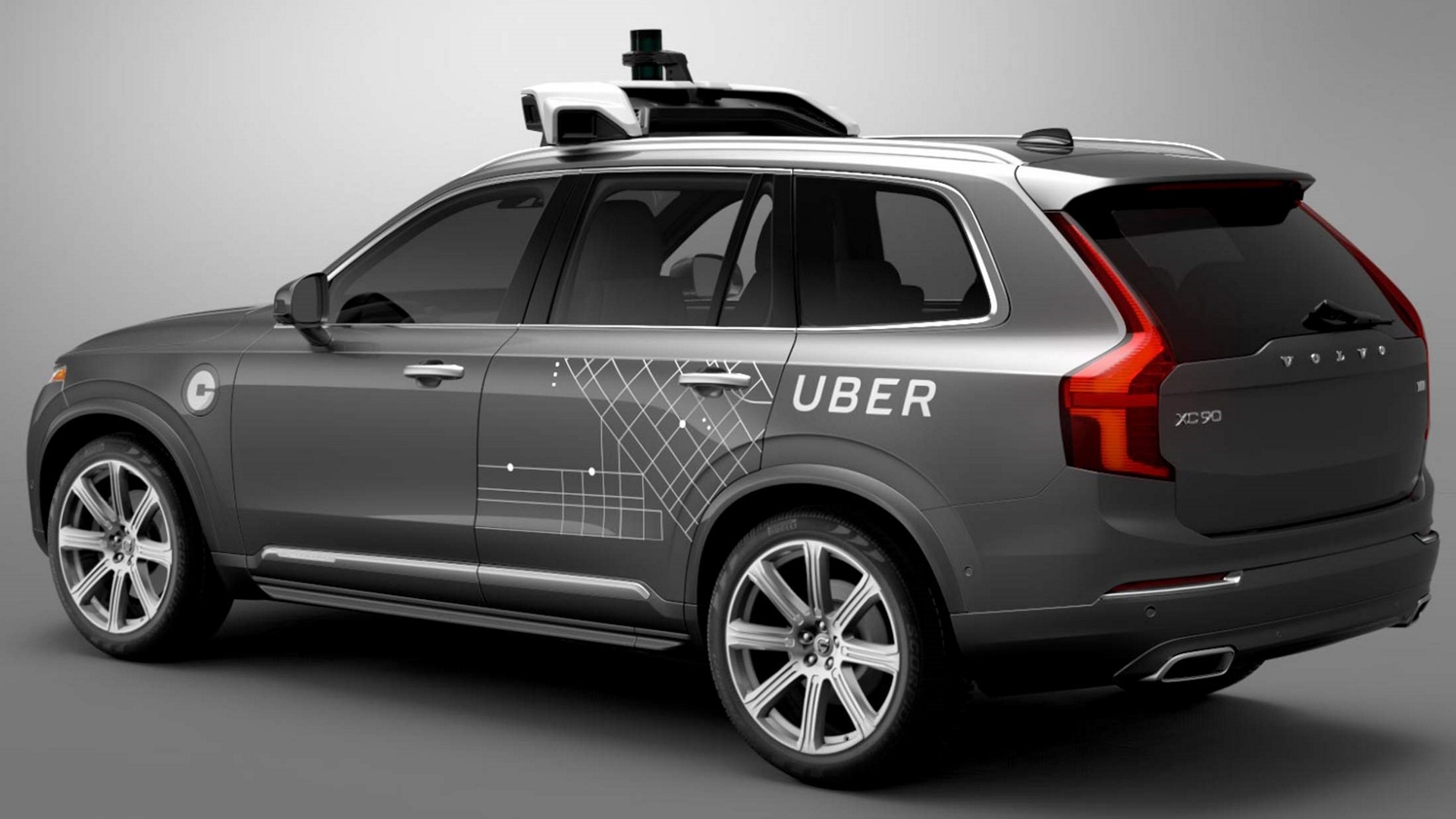

Uber general counsel Angela Padilla testified Wednesday regarding a damning letter uncovered by federal investigators that alleges the company spied on rivals and has led to the postponement of the trial for the Uber/Waymo trade secrets case.
Padilla said the author of the letter was trying to extort money from Uber, and that there were no merits to the claims, reports Recode. The letter was written by Richard Jacobs, who was working for the company at the time and addressed to Padilla. Jacobs was fired last year but still works with Uber as a paid independent security consultant.
In the letter, Jacobs claims Uber had a dedicated team for gathering information on rivals, and that the people involved used non-traceable communication methods—such as the messaging service Wickr and so-called “non-attributable” devices—to cover their tracks.
Shortly after the letter was revealed, Uber CEO Dara Khosrowshahi tweeted that Wickr was “used often at Uber when I came in.” He took over as CEO in September, long after Jacobs was fired. “I directed my teams not to use such apps when discussing Uber-related business,” Khosrowshahi said.
The letter was given to U.S. District Court Judge William Alsup just days before jury selection for a trial in the Waymo case was set to begin. Waymo is suing Uber, claiming the ride-sharing company used self-driving car trade secrets stolen by former employee Anthony Levandowski. Judge Alsup delayed the trial to give Waymo lawyers time to gather information on the letter and its claims.
Padilla, the Uber general counsel, testified that the company did not reveal the letter earlier because it was waiting on the findings from an internal investigation had yielded anything relevant. Uber maintains that the letter is unrelated to the Waymo case, and Padilla testified that it was drafted by Jacobs’ attorney as a way to extort money from the company.
Jacobs was fired for downloading Uber documents to his personal computer, but Uber settled with Jacobs for $4.5 million. Of that sum, $1 million was paid to Jacobs as a consulting fee for aiding an internal investigation. Jacobs’ attorney also got $3 million as part of the deal.
Judge Alsup questioned Padilla about why Uber would pay so much money if it knew the letter was, as he put it, “BS.” He also asked why Uber would retain someone who used allegedly fake claims to extort money from the company as a consultant.
Padilla said Uber chose to settle with Jacobs in order to avoid litigation costs and the distraction that a drawn-out lawsuit might have caused. In her testimony, she said the cost of discovery alone in such a case would run to $4 million or $5 million.